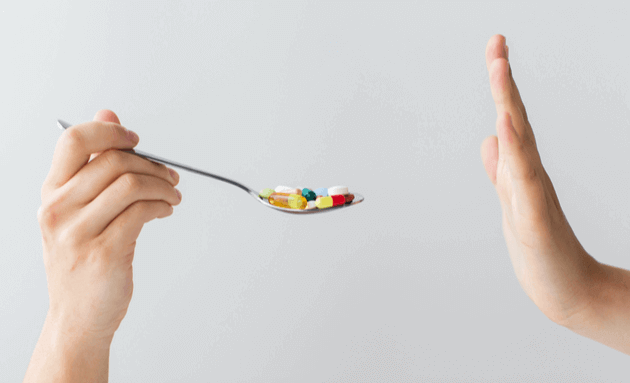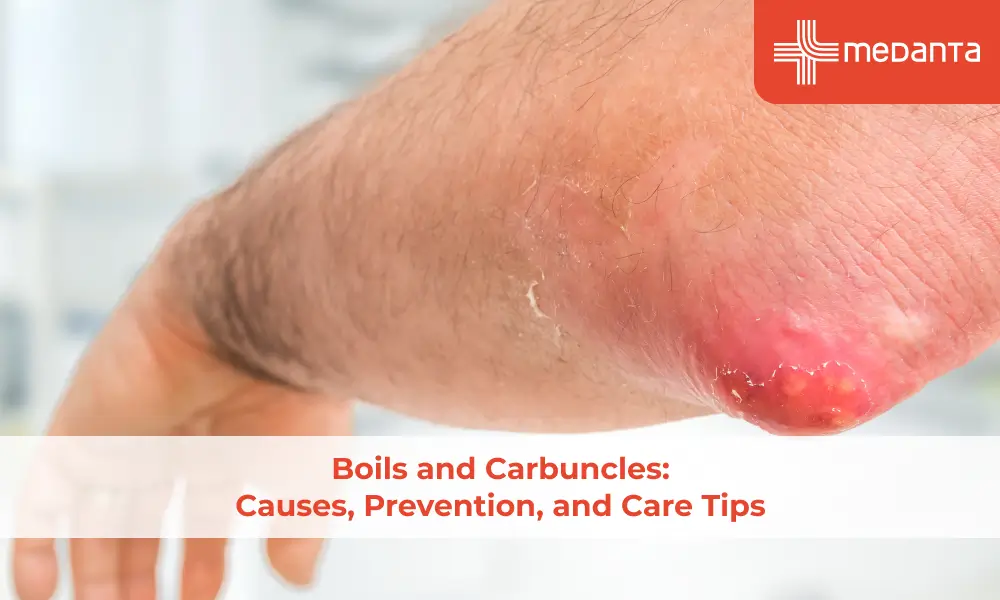6 Ways To Stay Healthy During Chemotherapy

Chemotherapy uses drugs to kill cancer cells but it also lands up attacking healthy cells along with cancerous ones. This causes fatigue, nausea, and increased risk of infection. These drugs are introduced into the blood and travel throughout the body in the bloodstream and can also affect blood-forming cells in the bone marrow, hair follicles, cells of the digestive tract and reproductive system.
It is very important to ensure that you keep building immunity as well as avoid any additional infection or sickness during the treatment. Read on to find out how you can maintain good health while undergoing chemotherapy.
1. Prevent Infections
Your body’s ability to fight an infection diminishes substantially while on chemotherapy. This is because healthy white blood cells that are your body’s defence against intruders are damaged by chemotherapy drugs. As a result, your body is more susceptible to infections.
To reduce your risk of catching an infection, it is imperative to maintain certain hygiene habits. Here a few things to keep in mind:
- Wash hands regularly and request your caretaker, family and visitors to do the same
- Have a bath regularly
- Maintain dental hygiene by cleaning your teeth several times a day
- Avoid activities that can cause injuries or cuts
- If you do get injured, clean wound and use an anti-bacterial cream
- Chemotherapy can sometimes cause mouth sores - avoid hot and spicy foods
- Rinse your mouth with salt water after meals

2. Control Nausea
Chemotherapy can cause nausea and a loss of appetite in patients undergoing treatment. It can also interfere with your sense of taste by making food seem metallic or overly sweet/salty. While this is temporary, it can get in the way of your body’s nutritional needs. Tr to eat smaller portions but at high frequency. You can also chew on a small piece of ginger or mint leaves to reduce the feeling. Strictly avoid greasy and fried foods.

3. Eat to Nourish
Your body is weak and will feel drained of all energy. It is very important to eat plenty of protein, along with fibre, vitamins and minerals during this time. Get proteins from eggs, meat, milk, butter, yoghurt, cheese and lentils. If you can’t swallow solids, have soups or soft, mashed foods.
Due to the loss of taste in your mouth, you may feel tempted to throw in extra salt into your food - resist and don't increase your sodium intake. Needless to say, avoid processed food, sugary drinks, and alcohol. Consult a dietician about creating a chemo-friendly diet for you.

4. Drink Plenty of Fluids
Besides constipation or diarrhea, chemotherapy can also cause dry mouth and dehydration. Water can also starts tasting unpleasant during chemo, because of temporary loss of taste. Don’t let this stop you from drinking the required eight glasses of water daily. If you want, add a slice of lemon, cucumber slices, leaves of mint or tulsi to infuse a pleasant flavor.

5. Get Some Exercise
Light exercise such as walking around for about 20-30 minutes in the day can be good for your body as it can lighten up your mood and stimulate the digestive system. However, you should be careful about how much your body can take. Do not tire yourself or expose yourself to public spaces where you can catch an infection. Speak to your doctor about your exercise routine.

6. Be Careful About Supplements
Diet specialists often warn against taking supplements during chemotherapy as they can interfere with treatment drugs. These can be vitamins, minerals, and other herbal supplements. Consult your doctor about any such supplements that you may have been taking prior to your chemotherapy. Green tea should also generally be avoided during treatment as its antioxidant phytochemicals can interfere with the effectiveness of chemo.

Fighting cancer can be hard on you both mentally and physically. A healthy diet and right safety measures are critical to tide you over through this time with minimal discomfort. You can also consider reaching out to a counsellor or a support group to help deal with the emotional unrest.






